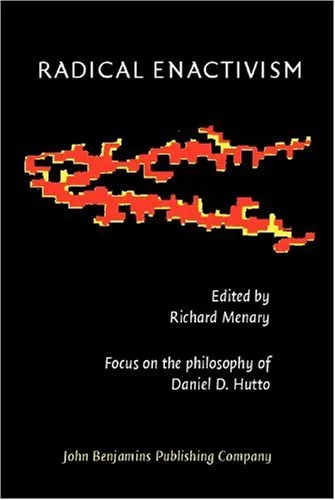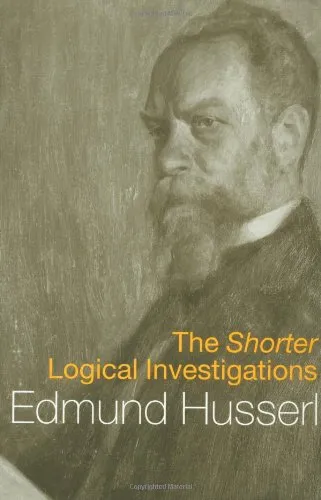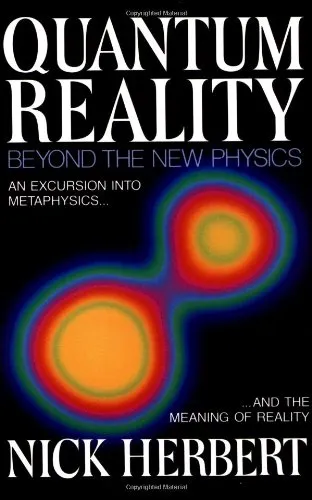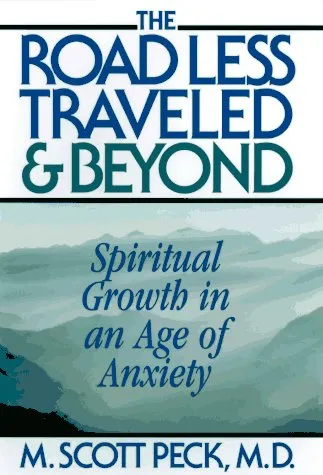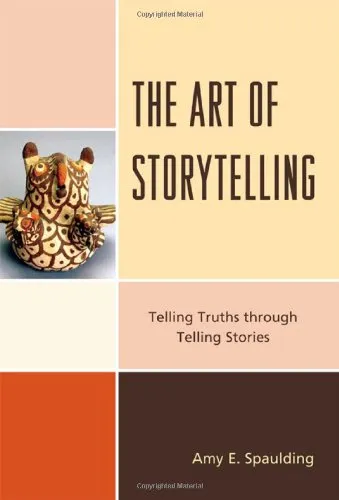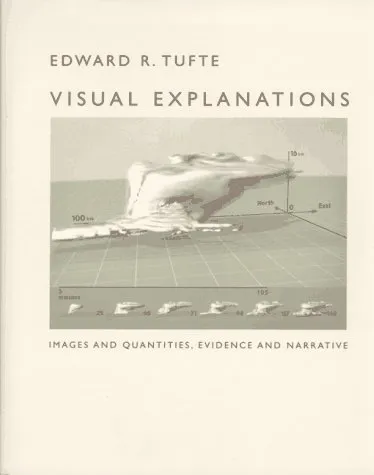Radical Enactivism: Intentionality, Phenomenology and Narrative Focus on the philosophy of Daniel D. Hutto (Consciousness & Emotion Book Series)
4.0
Reviews from our users

You Can Ask your questions from this book's AI after Login
Each download or ask from book AI costs 2 points. To earn more free points, please visit the Points Guide Page and complete some valuable actions.Related Refrences:
Introduction to 'Radical Enactivism: Intentionality, Phenomenology and Narrative'
"Radical Enactivism: Intentionality, Phenomenology and Narrative" is an exploration of Daniel D. Hutto's profound contributions to contemporary philosophy. Focusing on his enactivist account of intentionality, the book delves into Hutto's critiques of representationalism while championing a narrative and phenomenological approach to understanding our minds. Edited and introduced by Richard Menary, this volume compiles a series of essays addressing key aspects of Hutto's philosophy, presenting critiques, expansions, and applications to various philosophical topics within the realms of consciousness, emotion, and intentionality.
Grounded in the framework of radical enactivism, this book challenges traditional cognitivist accounts of intentionality by emphasizing embodied and situated forms of sense-making. It provides an in-depth discussion on how Hutto's ideas reshape the way we think about mental content, language development, and the role of narrative in human cognition. Whether you're new to enactivist thought or deeply immersed in the cognitive sciences, the book offers valuable insights into the intersections between phenomenology, narrative practices, and the embodied nature of human experience.
Detailed Summary of the Book
The book is structured as a tribute to and critique of Hutto's radical innovations in the field of philosophy. At its core, "Radical Enactivism" challenges the dominant representationalist paradigm that equates understanding with encoded mental representations. Hutto, instead, presents an enactivist framework in which cognition emerges from dynamic interactions with the environment.
The essays within explore three major themes—intentionality, phenomenology, and narrative. The first section examines Hutto's rejection of representational theories and defends the idea that intentionality is fundamentally tied to embodied and social interactions. The second section engages with phenomenology to show how the lived body grounds our cognitive and emotional experiences. Meanwhile, the third section dives into narrative practices as critical tools for shaping and understanding human minds, especially in developmental and socio-cultural contexts.
From the role of language in shared forms of intentionality to the narrative basis for meaning-making, the contributors illuminate radical enactivism as not only a theory of mind but also an explanation of how we thrive as meaning-creating beings. By blending philosophical argumentation with interdisciplinary insights, this book presents a deeply innovative and interdisciplinary approach to thinking about the mind.
Key Takeaways
- Radical enactivism rejects traditional representational accounts of the mind, proposing a more dynamic, embodied understanding of cognition.
- Intentionality is situated and arises through active engagements with the world, not through internalized representations.
- Narrative practices play a central role in shaping human cognitive and social processes.
- Phenomenology and embodied experience form the foundation of understanding our mental lives.
- Interdisciplinary collaboration is essential to advance the philosophy of mind, particularly in aligning with cognitive science and developmental psychology.
Famous Quotes from the Book
"To understand minds, one must look first to their actions, interactions, and the narratives that shape them—not to hidden, internal representations."
"Radical enactivism is not merely a critique of cognitivism; it is an alternative that places lived experience and social practices at the heart of intentionality."
"We are beings whose lives are stories, whose cognition is shaped by shared narratives, and whose understanding emerges from dynamic participation in the world."
Why This Book Matters
"Radical Enactivism: Intentionality, Phenomenology and Narrative" represents a bold shift in philosophy and cognitive science. In a world where representationalist theories often dominate discussions about the mind, this book provides a fresh perspective rooted in embodiment, interaction, and narrative. As such, it serves as both a critique of outdated paradigms and a roadmap for future research.
This book matters because it brings together philosophical thought and empirical insights, breaking down barriers between disciplines. It offers a more holistic explanation of human cognition, one that resonates with our lived experiences. By emphasizing the fundamental role of social practices and narratives, the book underscores the human capacity for meaning-making and sheds light on the deeply relational nature of our minds.
For students of philosophy, psychology, and cognitive science, "Radical Enactivism" is essential reading. It challenges assumptions, offers new ways of thinking, and inspires deeper inquiry into the intricate relationships between mind, body, and world.
Free Direct Download
You Can Download this book after Login
Accessing books through legal platforms and public libraries not only supports the rights of authors and publishers but also contributes to the sustainability of reading culture. Before downloading, please take a moment to consider these options.
Find this book on other platforms:
WorldCat helps you find books in libraries worldwide.
See ratings, reviews, and discussions on Goodreads.
Find and buy rare or used books on AbeBooks.
1293
بازدید4.0
امتیاز0
نظر98%
رضایتReviews:
4.0
Based on 0 users review
Questions & Answers
Ask questions about this book or help others by answering
No questions yet. Be the first to ask!
